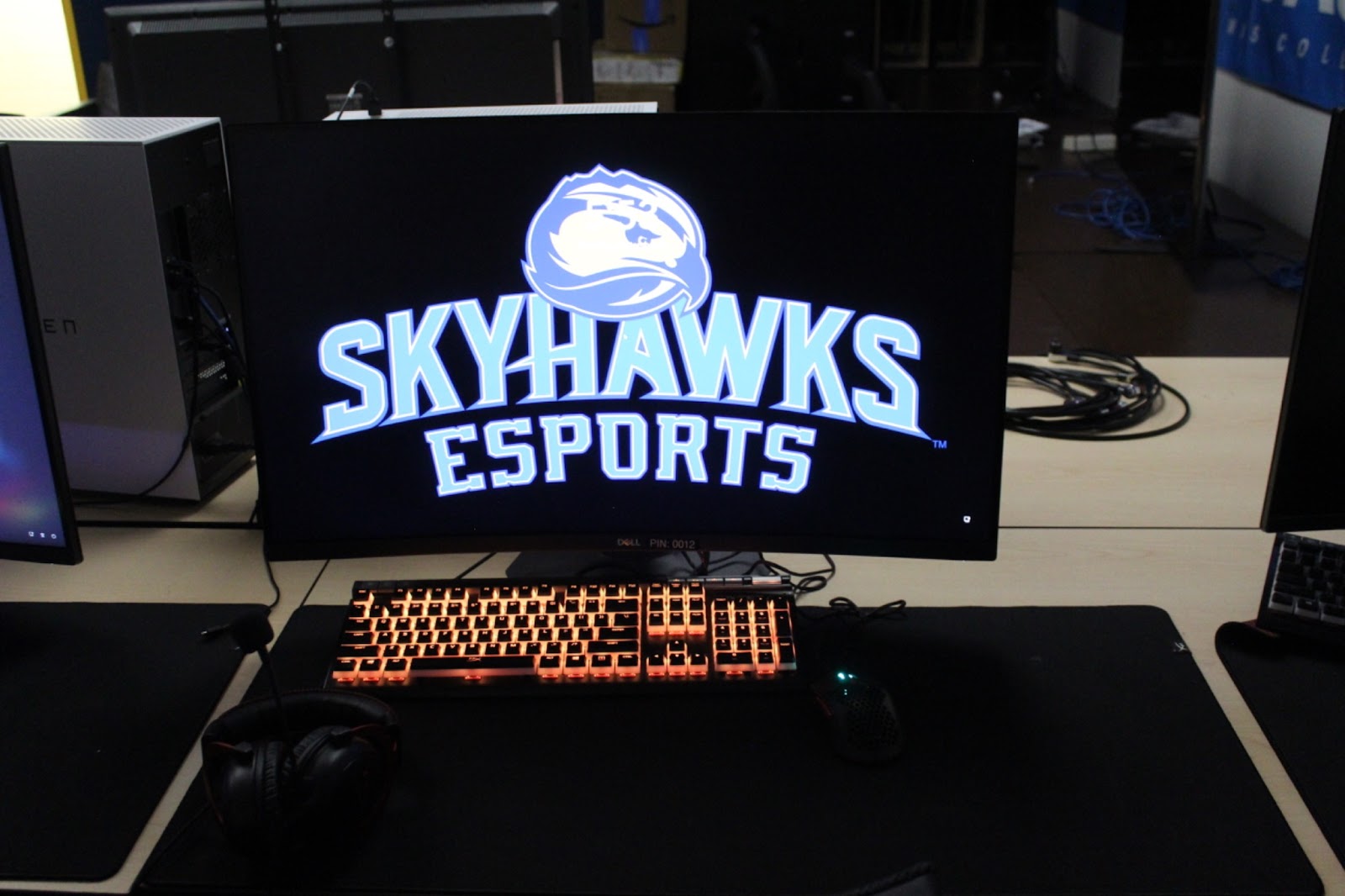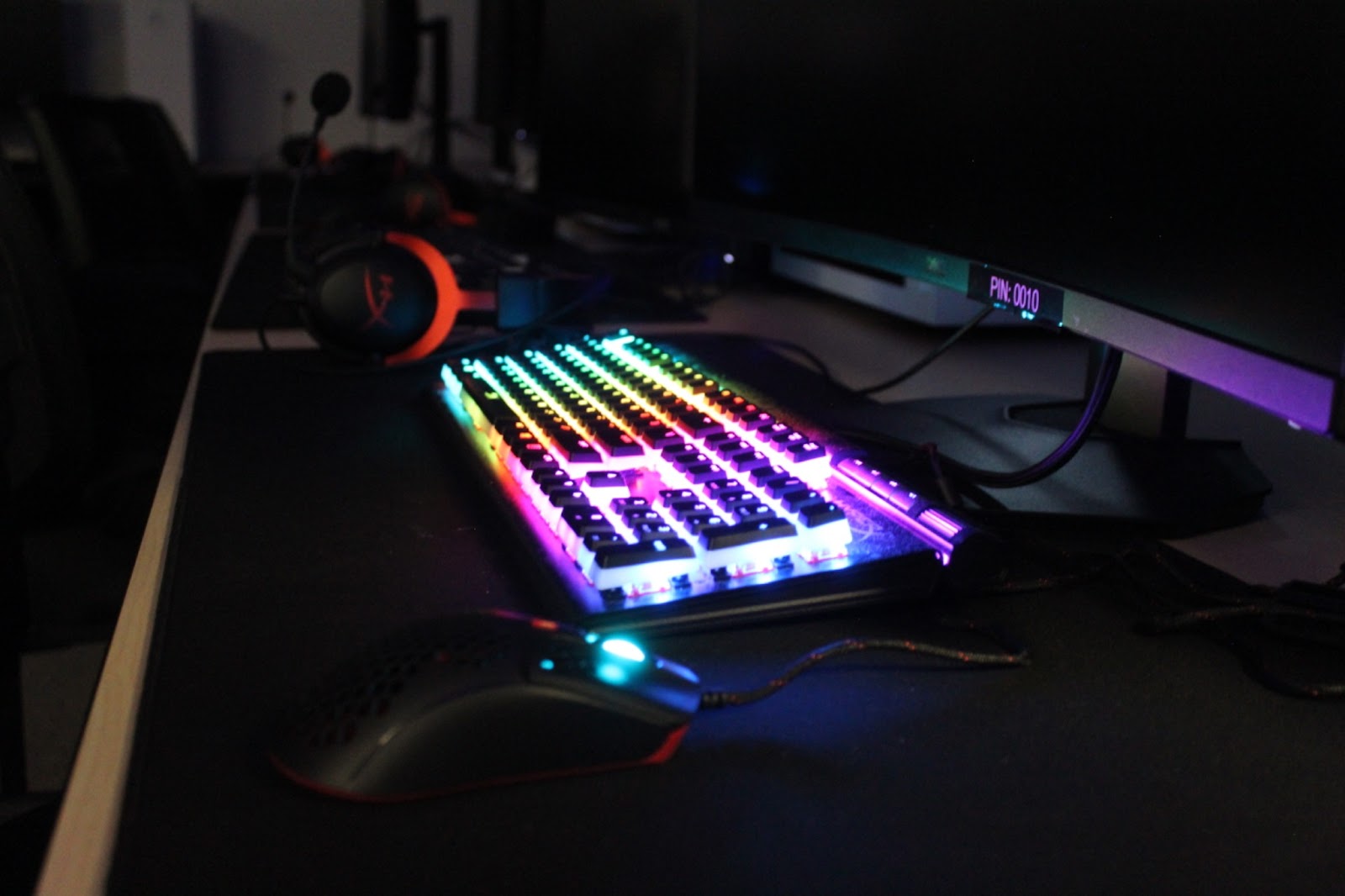Playing video games has become a hobby that many find enjoyable and turn to in this digital age of the 21st century.
But during the busy life of a college student, is there time to play video games with other responsibilities to juggle?
Ceci Chiaravalle, a first-year student at Fort Lewis College, said that she plays a bit of video games but school takes time away from it.
Another aspect that restricts her ability to game is that dorm space makes setting up difficult for gaming.
However, there is still an opportunity for students to pursue playing video games in a dedicated space and take their love of gaming to a competitive level.
This competitive level is known as eSports and in recent years there has been the development of eSports as a club sport here, said Patrik Holmes, the student supervisor of eSports at FLC.

While the club has been around, do students know about eSports on campus?
While she has seen flyers around about meetings and tryouts about eSports, she does not know what the program is, Chiaravalle said.
Bijou Cates, a third-year student, has not seen much about eSports on campus but has heard about it, she said.
Truman Wallace, a first year Environmental Conservation student, has said he has not seen or heard anything about eSports on campus.
So what is eSports exactly?
ESports is a branch of gaming that allows players to take their skills to a level that is above casual gaming and in a competitive setting against other teams, Holmes said.
ESports takes playing video games more seriously, practice to become better and compete against other teams from different schools, Holmes said.
The eSports program is currently seen as a club sport, but once the talent level of players increases over the years the potential of being considered a varsity athletic could increase as well, Holmes said.
Brandon DenHartog, assistant director of Recreation Services, oversees the club sports and said that the eSports program began around 2020 in the Education Business Hall where room 7 was used to house the equipment.
EBH 7 housed 10 computers in which the room was used for three years, DenHartog said.
The beginning of the eSports program included a large number of students that were in the program, around 85 to 100 people, Holmes said.
With this number of student participation, the growth of the program led to a move during 2023 from EBH 7 into a larger room available in Reed Library, DenHartog said

To join the program, there is a fee of $135 for new players which $35 is for a required jersey and the remaining $100 is to be with the program for a year, Holmes said.
He said that the introduction of a fee led to a decrease in players, now around 40 to 45 students.
The fee for the program is used to aid in the cost of entering in the league they compete in which is called the National ESports Collegiate Conference, a nationwide league that allows colleges to play against one another without region restrictions, Holmes said.
The fee also adds funds to the program for future improvements, DenHartog said.
Funds for the program are a part of the spending that is given to club sports so this makes the amount of funding available finite, DenHartog said.
There are currently 11 club sports so he has to be creative with how he divides up the funding, he said.
The eSports club gets around $6,000 in funds generally, which is used to hire people to assist the program, equipment upgrades and travel expenses, DenHartog said.

Within the eSports room located in Reed Library, the equipment for students part of the program to use is available 24/7, Holmes said.
The fee is what allows students access to this room which is available during the school year and does not close during winter break, Holmes said.
In this room are 20 gaming computers, half of which are used for practice and the other half during competitions, Holmes said.
The difference between the practice and competition computers are different specs for performance, he said.
Along with the computers are peripherals like monitors, keyboards, mice and headsets that are centered around use for video games.
When it comes to competing, competitions are usually held online by the NECC and the times, video game titles and days are set up by the NECC, DenHartog said.
But there are in-person tournaments that are put on by other schools or at venues which the program can opt to participate in if interested, DenHartog said.
He hopes that students gain pride in participating and competing for FLC, said DenHartog. Whether it is gaining a sense of camaraderie among teammates or developing community, he wants students to have fun and to gain a positive experience while in college.